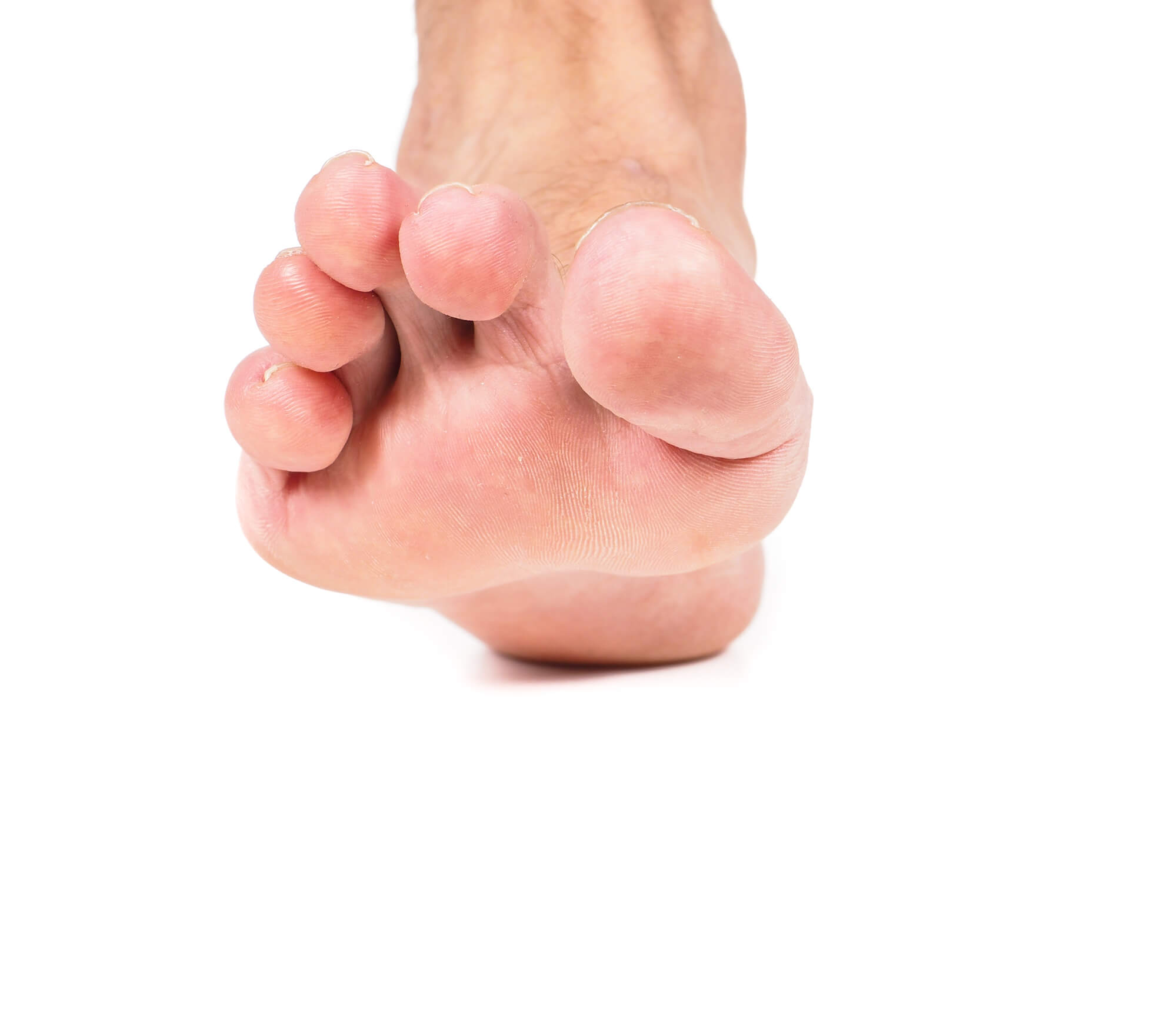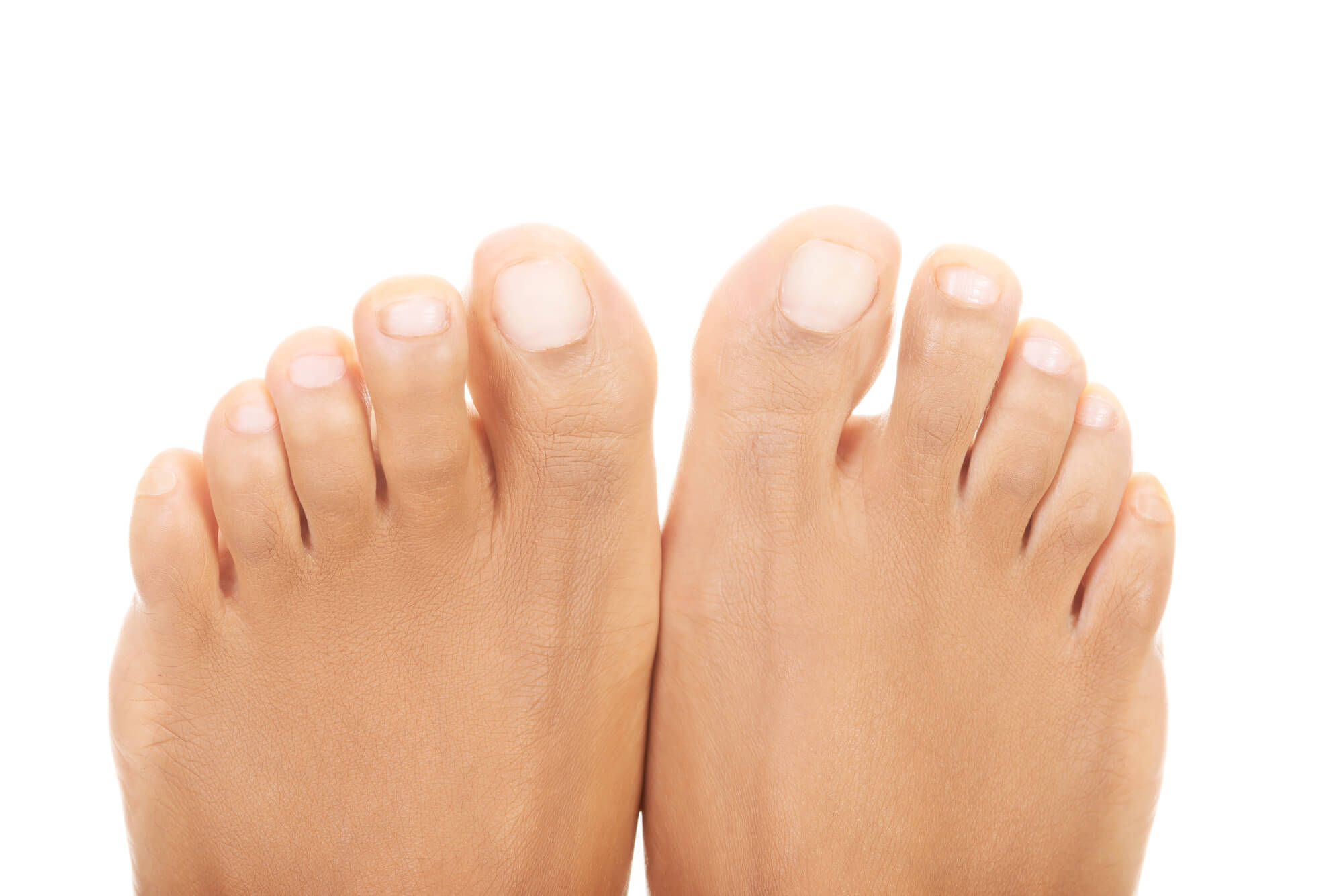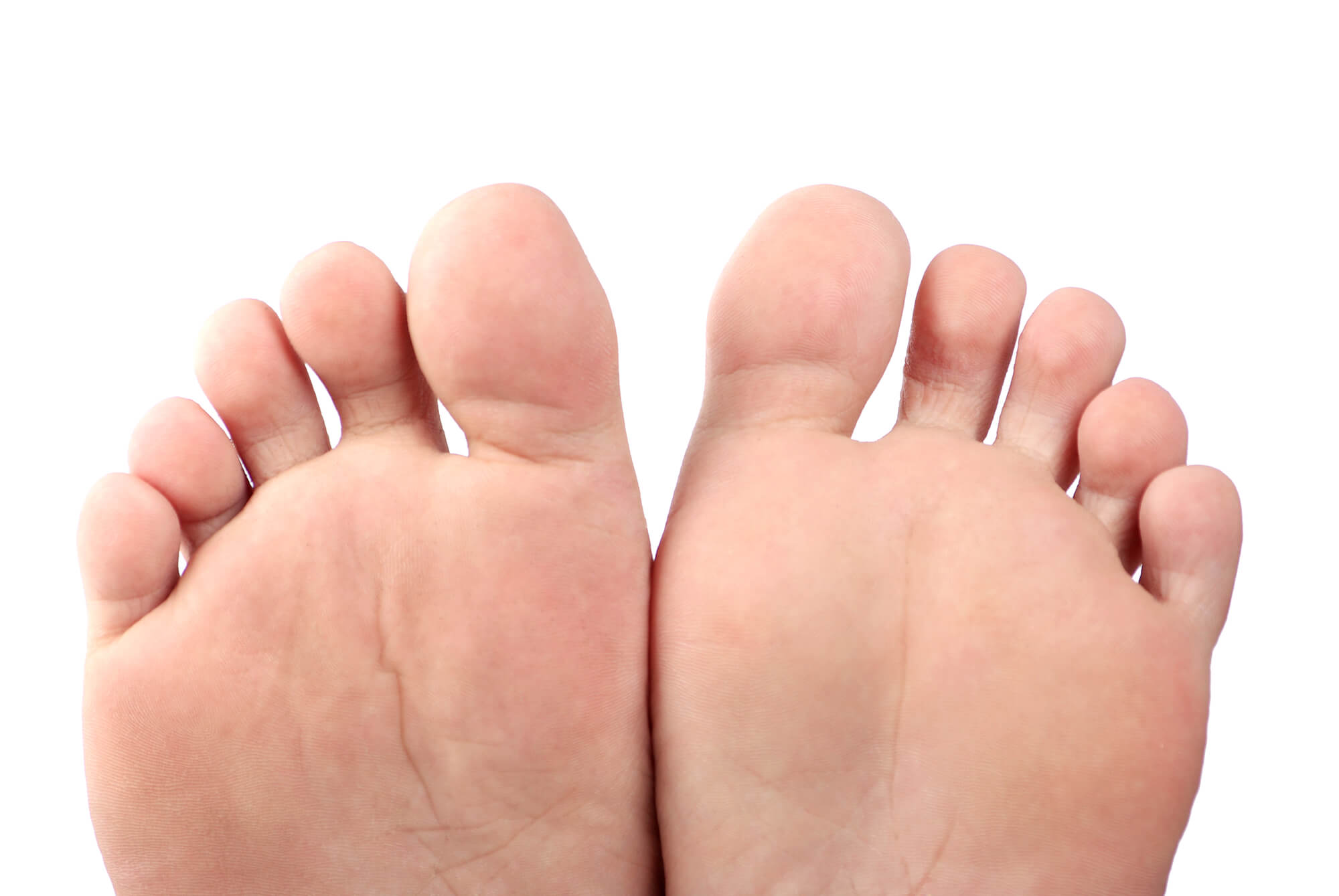Why Do My Feet Smell Like Vinegar?
Do you notice a distinct vinegar-like smell coming from your feet? This can be a symptom of foot odor that can be embarrassing and uncomfortable. In this article, we will explore the causes of feet smelling like vinegar, the accompanying symptoms, and treatment options available to those with this condition.
What Causes Feet to Smell Like Vinegar?
Medical conditions can significantly impact foot odor, and some conditions can even cause vinegar-like foot odor. Understanding the link between medical conditions and foot odor can be essential in managing and treating the condition.
Liver or Kidney Disease
Liver and kidney disease, for example, can cause a vinegar-like smell due to the accumulation of toxins in the body that the liver and kidneys cannot filter out. These toxins can then be released through sweat, creating a distinct odor. Managing these conditions may involve lifestyle changes, such as a healthier diet, regular exercise, medications, and sometimes surgery.
Diabetes
Diabetes is another condition that can cause sweet-smelling sweat, which may be mistaken for a vinegar-like foot odor. In people with diabetes, high blood sugar levels can lead to a buildup of ketones in the blood, giving sweat a fruity or sweet smell. Blood sugar levels are essential in managing this symptom, and proper foot hygiene can also help control foot odor in people with diabetes.
Hyperhidrosis
Hyperhidrosis is a medical condition that causes excessive sweating, including on the feet. People with hyperhidrosis may experience a vinegar-like smell due to the excess sweat and the growth of bacteria and fungi. Treatments for hyperhidrosis can include topical antiperspirants, oral medications, and in severe cases, surgery.

Risk Factors for Vinegar-like Foot Odor
Poor foot hygiene is one of the main risk factors for vinegar-like foot odor. Neglecting to wash your feet regularly and thoroughly can lead to the buildup of bacteria and fungi on the skin, which can cause an unpleasant odor. This risk factor can be prevented by practicing good foot hygiene habits, such as washing your feet daily with soap and water, cleaning between the toes, and drying your feet thoroughly.
Another risk factor for vinegar-like foot odor is excessive sweating. People with hyperhidrosis or those who wear tight-fitting shoes for extended periods may be more prone to excessive sweating, leading to foot odor. This risk factor can be prevented by wearing breathable shoes made of natural materials and moisture-wicking socks. Over-the-counter antiperspirants may also help reduce sweating and prevent foot odor.
Certain medical conditions can also contribute to vinegar-like foot odor. For example, people with diabetes may experience a sweet, fruity odor due to the buildup of ketones in the body. People with liver or kidney disease may also experience vinegar-like foot odor due to the accumulation of toxins in the body. Managing these conditions can help prevent foot odor, and seeking medical advice from a podiatrist or healthcare professional is recommended.
Finally, certain footwear choices can also contribute to vinegar-like foot odor. Wearing the same pair of shoes for consecutive days without allowing them to air out can lead to moisture and bacteria buildup. Shoes made of synthetic materials can also trap moisture and lead to foot odor. Choosing breathable shoes made of natural materials like leather and changing socks and shoes daily can help prevent this risk.

Other Symptoms of Vinegar-like Foot Odor
In addition to the vinegar-like smell, other symptoms can accompany foot odor, such as:
- Itching and burning sensation
- Discoloration of the skin
- Peeling skin
How to Treat Vinegar-like Foot Odor
The following measures can help prevent and manage vinegar-like foot odor:
Good Foot Hygiene Habits
Good foot hygiene is essential in preventing and managing foot odor. Wash your feet daily with warm water and soap. Dry them thoroughly, especially between your toes. Wearing clean, moisture-wicking socks and changing them daily can also help.
Use of Antiperspirants and Deodorants
Antiperspirants can help reduce sweating by blocking the sweat glands on your feet. Deodorants contain antimicrobial agents that can help control the odor by killing the bacteria that cause it. Foot sprays and powders are other options that can be used to keep feet dry and fresh. Look for products specifically formulated for feet and contain antibacterial and antifungal agents.
Proper Shoe Selection and Use
Shoes and socks can contribute to the development of foot odor. Choose shoes made of breathable materials that allow your feet to breathe. Avoid wearing the same pair of shoes two days in a row, and give your shoes time to air before wearing them again. Wearing clean, moisture-wicking socks can also help keep your feet dry and prevent the growth of bacteria.
Medical Treatment Options
If foot odor persists despite good hygiene and over-the-counter remedies, it's time to see a podiatrist. The podiatrist can assess your condition and recommend customized treatment plans, including prescription antiperspirants or oral medications.

When to See a Podiatrist
It's important to see a podiatrist if the vinegar-like smell on your feet persists or worsens. If you're experiencing other symptoms of fungal infections, such as itching, redness, and flaking skin, it's important to seek professional help. A podiatrist can diagnose the underlying cause of your foot odor and recommend the appropriate treatment.
Conclusion
Vinegar-like foot odor can be prevented and managed with proper foot hygiene, appropriate products, and medical treatment. Following the tips in this article, you can keep your feet dry and odor-free, improving your overall quality of life. If foot odor persists, seek professional advice from a podiatrist to determine the root cause and develop a personalized treatment plan.

